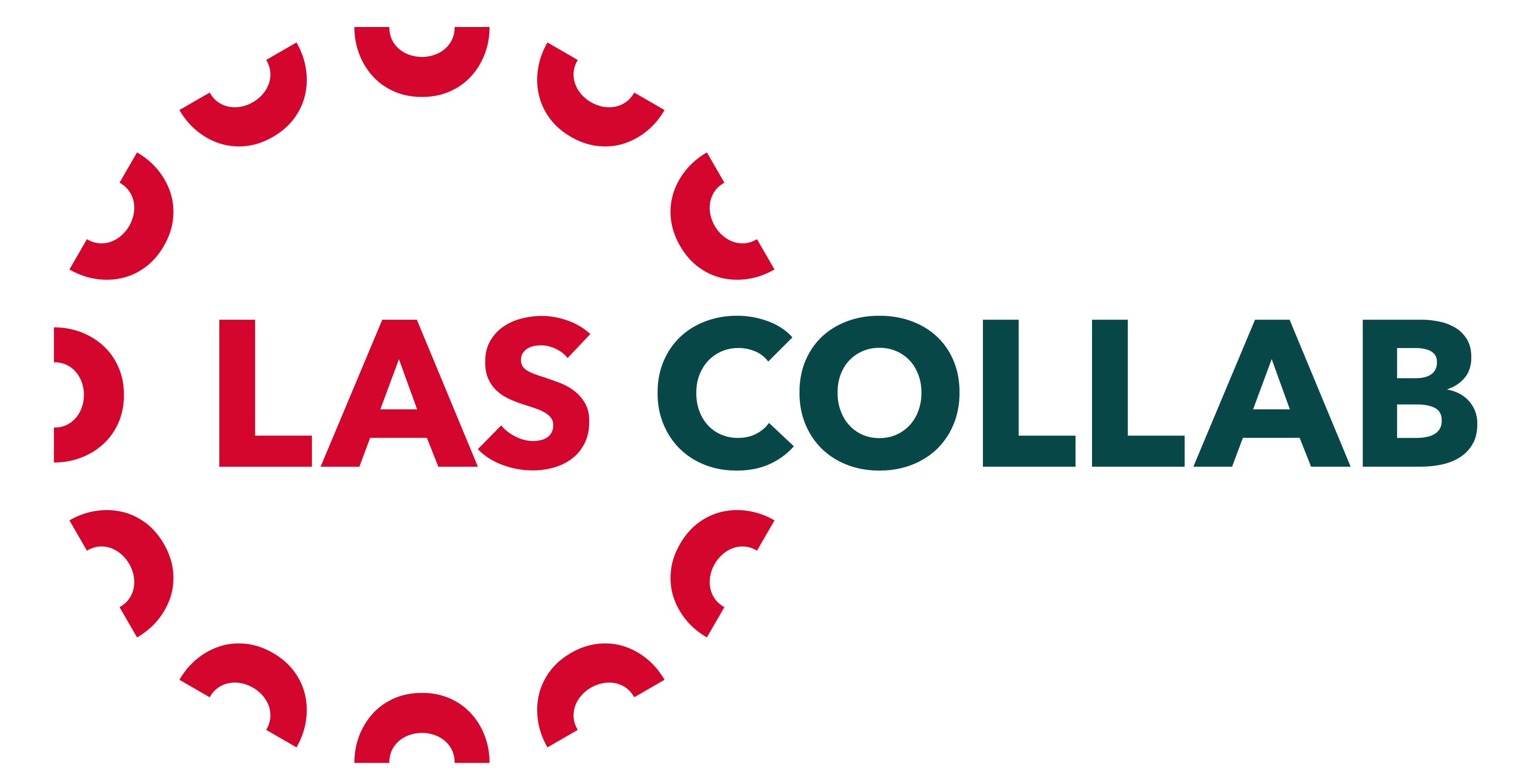The Pharmacological Action of Testosterone
Testosterone is a vital hormone that plays a crucial role in various physiological functions in the body. It is commonly used in pharmacology to treat conditions such as hypogonadism and certain types of breast cancer. Testosterone injections are a popular method of administration, providing a quick and effective way to increase testosterone levels in the body. To buy testosterone injections, visit buy on this website Testosterone.
1. Physiological Functions of Testosterone
Testosterone is primarily produced in the testes in males and in smaller amounts in the ovaries and adrenal glands in females. Its effects include:
- Development of male reproductive tissues such as the testes and prostate.
- Promotion of secondary sexual characteristics including increased muscle and bone mass.
- Influencing mood and energy levels.
- Regulating libido and sexual function.
2. Therapeutic Uses of Testosterone
The pharmacological properties of testosterone make it useful in treating various medical conditions. Some of the primary therapeutic uses include:
- Hypogonadism: A condition characterized by low testosterone levels which can lead to infertility, fatigue, and depression.
- Certain types of breast cancer: Testosterone can be used as part of a treatment strategy for hormone-sensitive tumors.
- Delayed puberty: In adolescents, testosterone may be administered to stimulate development.
3. Mode of Administration
Testosterone can be administered through various methods, including:
- Injections: Intramuscular or subcutaneous injections provide a rapid increase in testosterone levels.
- Patches: Transdermal patches allow for steady absorption of testosterone through the skin.
- Topical gels: These are applied to the skin and absorbed directly into the bloodstream.
4. Side Effects and Risks
While testosterone therapy can offer significant benefits, it is important to be aware of potential side effects, such as:
- Acne and oily skin.
- Increased risk of cardiovascular issues.
- Potential for mood swings and aggression.
- Sleep apnea and liver problems in some cases.
5. Conclusion
Testosterone plays a significant role in both physiological and pharmacological contexts. Its therapeutic applications can greatly improve quality of life for individuals suffering from low testosterone levels or hormone-sensitive conditions. However, it is essential for patients to work closely with healthcare providers to tailor treatment plans while monitoring for side effects.
